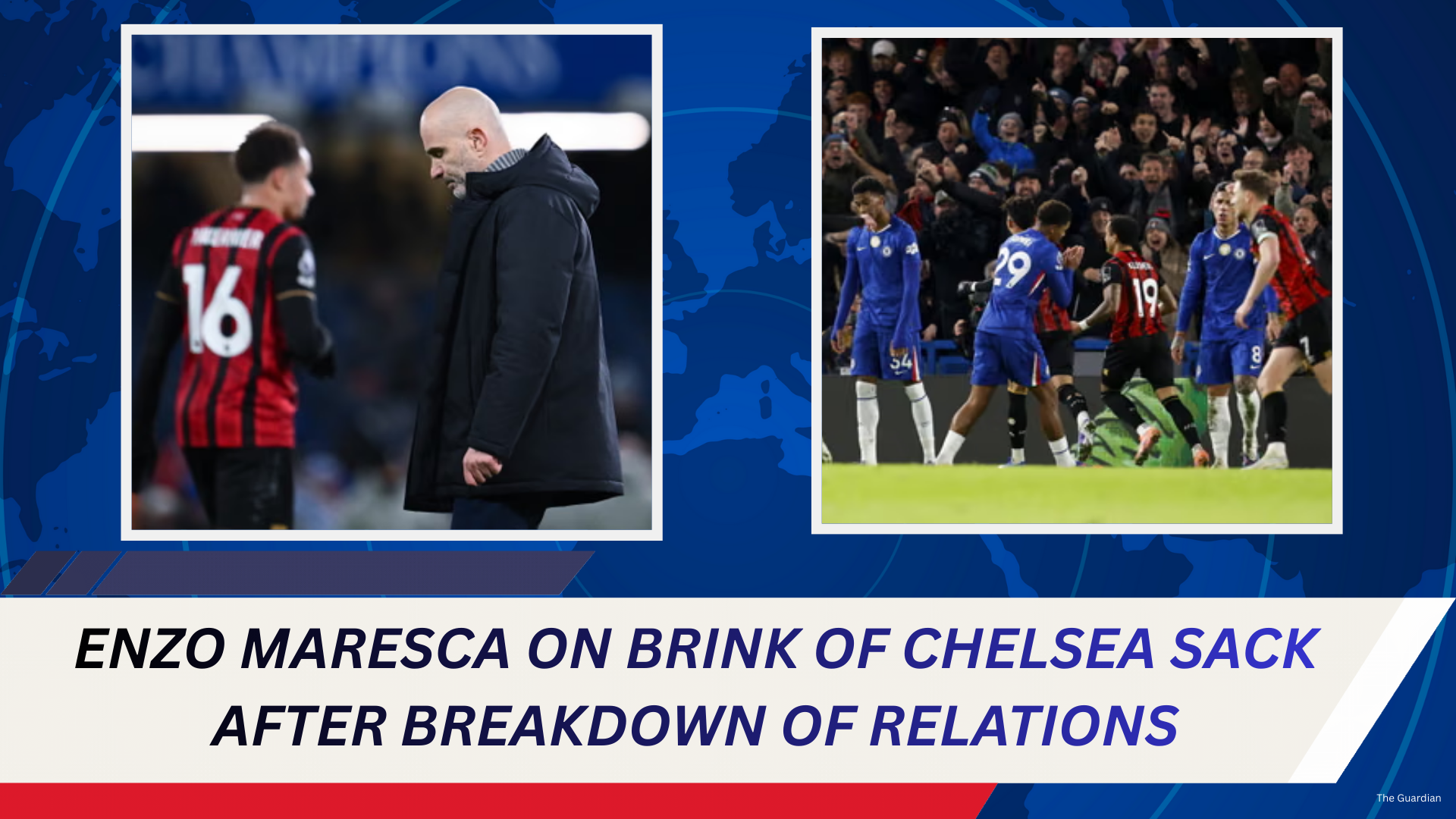NEW ORLEANS — The New Orleans City Council is weighing a measure that could effectively ban reality-based television shows from filming the city’s first responders, following mounting concerns over privacy, ethics, and the impact on ongoing investigations. The move comes in the wake of a dispute surrounding footage used in the A&E series Homicide Squad: New Orleans, produced by California-based 44 Blue, which captured sensitive scenes of murder investigations — sometimes without the consent of families or local camera networks.
The controversy erupted after 44 Blue delivered a hard drive to the New Orleans Police Department (NOPD) containing materials tied to murder case files. The transfer included crime scene photographs, officer body-worn camera footage, Real Time Crime Center video, and images of victims and suspects. The NOPD reviewed the materials for any elements that could jeopardize ongoing investigations. However, the drive also contained footage from Project NOLA, a private community camera network directed by Bryan Lagarde. Lagarde had previously refused to share this footage with the show’s producers when approached in early 2024.
“This was a clear violation of the trust we’ve built with our camera hosts,” Lagarde said. He subsequently restricted NOPD access to the Project NOLA network, requiring officers to request footage rather than pull it directly through the app. “These cameras were set up to reduce crime and improve quality of life, not to sell ads on network television. It’s certainly violating public trust.”
Families of victims, too, have expressed outrage. The case of Jacob Carter, co-founder of the Tacoma business Howdy Bagel, has been central to the backlash. Carter was murdered on Jan. 5, 2024, while visiting New Orleans with his husband. Within days, producers from Homicide Squad: New Orleans contacted the Carter family, asking to feature his case in an episode. The family refused. However, Project NOLA’s cameras captured crews filming at the crime scene before the family was consulted.
“My parents said absolutely not,” said Jacob’s sister, Anna Carter. “It hasn’t even been a week since my son died, and you’re coming to talk to me about a TV show?” She added, “They filmed over his body. That is insane.” Her brother’s husband, Isaac Carter, called the incident “traumatizing,” highlighting the deep emotional toll such filming can have on victims’ families.
The proposed ordinance, introduced by Council Member At-Large JP Morrell, would bar city approval for reality programming that features first responders. Morrell has criticized the shows as exploitative, dubbing them “murder porn” that profits from tragedy without offering any tangible benefit to the public. “Ghoulish reality TV highlighting people at their darkest moments ... How does any of this benefit the people of the city of New Orleans? It doesn’t,” Morrell said. “We should not be allowing people to profit off what is basically murder porn.”
Supporters of the programs argue that such productions can increase transparency, boost recruitment for the police department, and strengthen public trust. Deputy Superintendent Nicholas Gernon, a veteran of crime-focused reality TV, noted the benefits while acknowledging the downsides. “Are there advantages to these types of shows? Yes. They are very well-established arguments: increase transparency, increase public trust, increase recruiting opportunities. Are there downsides? Yes. But we are obligated to execute the contracts.”
The tension between transparency and privacy has a long history in New Orleans. Mayor LaToya Cantrell approved the most recent cooperative agreement with 44 Blue on Nov. 7, 2023, which did not require City Council approval. Similar programs, including A&E’s The First 48 and Nightwatch, have been long-standing fixtures in the city, offering viewers an inside look at police work and emergency medical services.
Yet, opposition from council members and community advocates has grown over the years. Critics argue that filming at active crime scenes or during medical emergencies raises ethical concerns and can violate protections over victims’ medical records. Earlier this year, Orleans Parish Criminal District Judge Robin Pittman blocked an episode of Homicide Squad: New Orleans from airing over concerns that it could influence jury pools in ongoing trials.
High-profile incidents like Carter’s murder illustrate the personal and societal impact of these shows. Private camera networks like Project NOLA were installed by residents and business owners to deter crime, not to provide content for entertainment. Gary Wollerman, who installed a camera outside his restaurant following a robbery, expressed frustration at the potential misuse of his footage. “If you had this tool that’s been effective and you’re using it less, that concerns me,” he said. “But I also don’t see the benefit of using it for a TV show.”
The City Council committee approved Morrell’s ordinance last week, and it will be taken up for a full vote on Oct. 23. If passed, it would prevent future agreements with production companies seeking to depict city first responders in reality programming. Morrell said the legislation aims to protect officers’ time, prevent potential legal complications, and remove the city from ethically fraught situations.
Producers from 44 Blue maintain that the shows have economic and educational value. Rasha Drachkovitch, co-CEO of 44 Blue, emphasized that a ban could deprive the public of “accurate, responsible depictions of police work” without necessarily advancing privacy or safety. She noted that productions have injected millions into the local economy while highlighting the work of the NOPD.
The debate in New Orleans highlights a broader national conversation about reality-based programming, privacy rights, and the responsibilities of media companies when documenting real-life tragedies. As the city grapples with balancing transparency and compassion for victims and their families, the outcome of the council vote could set a precedent for how first responder reality shows are produced and regulated in other cities.
%20(4).png)



.png)
.png)

.png)
.png)
